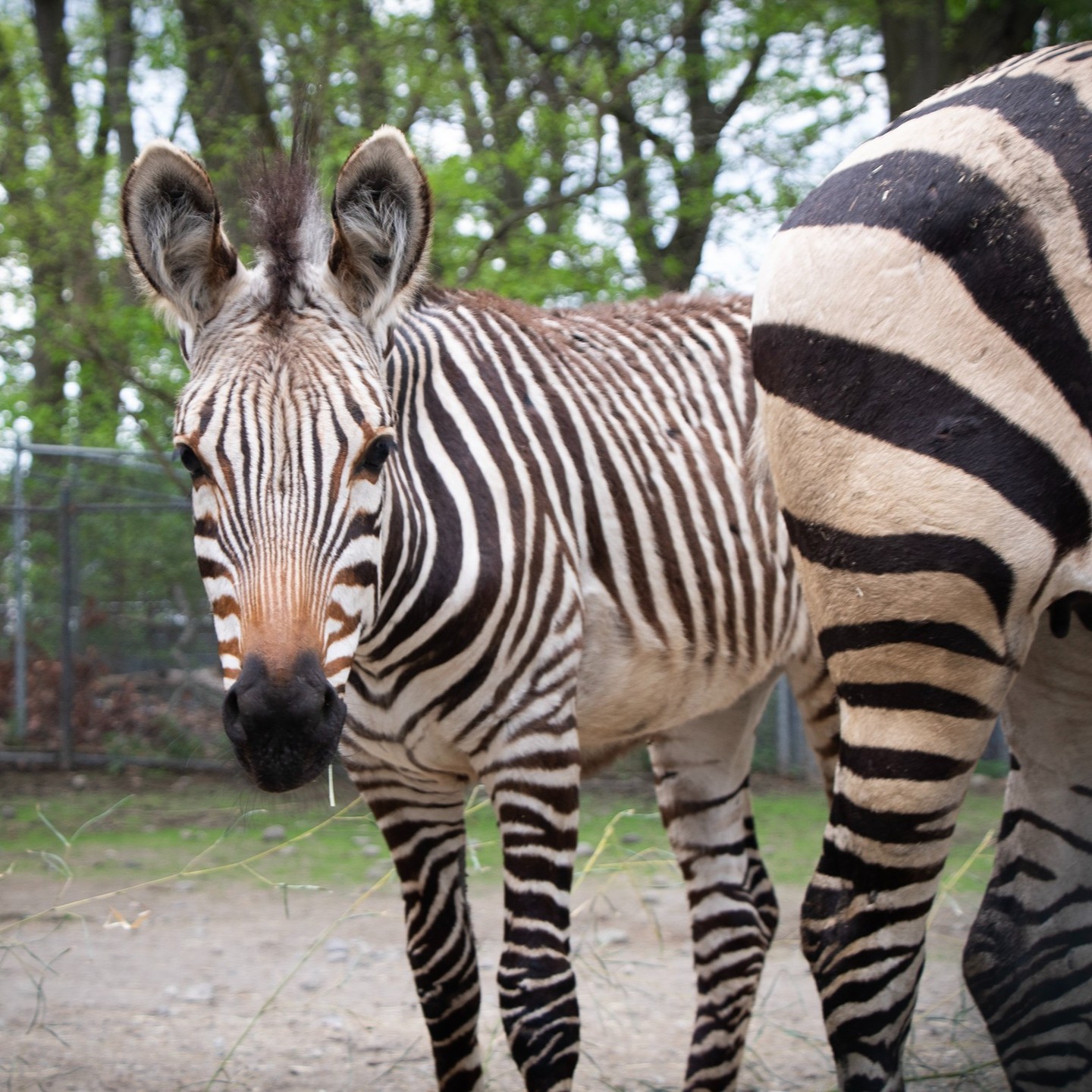- Behind-the-scenes care of Hartmann’s mountain zebras at Franklin Park Zoo.
- Importance of animal welfare and enrichment in zoos.
- Construction of the African Experience and its impact on the zoo’s operations.
- The role of zoos in wildlife conservation and education.
- Key insights into zebra behavior and life stages.
Franklin Park Zoo, a cornerstone in the Boston area, is undergoing a significant transformation with the construction of its African Experience exhibit. This ambitious project, while temporarily obscuring some of its residents from the public eye, emphasizes the zoo’s dedication to enhancing visitor interaction with wildlife and promoting conservation. Among its precious inhabitants, the Hartmann’s mountain zebras are captivating creatures that continue to receive dedicated care and attention, ensuring their well-being during this transition.
Hartmann’s mountain zebras, native to the mountainous regions of southwestern Africa, are known for their distinctive stripe patterns and social nature. At Franklin Park Zoo, their care is a collaborative effort involving a specialized team dedicated to providing optimal environments and engagement. The zoo’s staff focuses on enriching the zebras’ lives through diverse methods that replicate their natural habitats and behavioral patterns.
Animal welfare is a paramount concern, particularly during the zoo’s renovations. The zebras reside in spacious yards that mimic their natural landscapes, offering both physical challenges and opportunities for social interactions. Each zebra’s behavior and health are closely monitored, with particular attention to dietary needs and developmental milestones.
Felicity, a young member of the herd, is nearing her first birthday and remains closely bonded with her mother Zoey. The presence of her baby fuzz reflects the ongoing growth and developmental stages typical in young zebras. Felicity’s social interactions and learning experiences within the herd are crucial for her adaptation and social development.
Keanu, another young zebra, recently celebrated his first birthday. While transitioning away from nursing, he frequently accompanies his mother Khumalo in foraging activities. Observing these behaviors is essential for understanding natural juvenile development and social structures within zebra groups.
The creation of the African Experience is a carefully planned initiative designed to enrich both animal and human experiences. While the construction progresses, Franklin Park Zoo strategically manages their animal spaces to minimize stress and maintain routine care. The project aims to provide an immersive environment that connects visitors more closely with African wildlife and ecosystems, fostering a deeper appreciation and understanding of biodiversity.
Zoos like Franklin Park play a critical role in wildlife conservation and education. They serve as centers for research, breeding programs, and public education about the importance of protecting endangered species. By offering unique experiences, zoos can inspire visitors to contribute to conservation efforts and support policies that protect natural habitats.
Hartmann’s mountain zebras are particularly significant due to their vulnerable conservation status. Zoos offer a safeguard against extinction by maintaining captive populations and participating in international conservation strategies. Their involvement in scientific studies helps broaden our understanding of zebra biology, social structures, and reproductive behaviors.
Zebra behavior is intriguing and complex, characterized by strong social bonds and communication through vocalizations and body language. In zoo settings, understanding these behaviors is crucial for designing environments that cater to their needs and promoting natural behaviors that can educate the public.
Providing enrichment is a fundamental aspect of zebra care. Enrichment involves activities that stimulate the animals’ physical and mental faculties, encouraging natural behaviors such as grazing, exploring, and interacting within their group. This is vital for the animals’ overall health and well-being, reducing the likelihood of stress and abnormal behaviors.
Franklin Park Zoo’s commitment extends beyond recreation, aiming to inspire future generations in wildlife conservation. As the African Experience takes shape, it promises to enhance public engagement with wildlife through interactive exhibits and educational opportunities. By prioritizing animal welfare and promoting environmental education, zoos remain indispensable allies in the global effort to conserve biodiversity.
Ultimately, Franklin Park Zoo’s Peek-a-boo initiative for the Hartmann’s mountain zebras showcases the dedication and ingenuity required to balance the demands of construction with the needs of animal residents. This endeavor, alongside the African Experience, underscores the zoo’s mission to serve as stewards of the natural world, fostering a legacy of compassion, education, and proactive conservation efforts.
*****
Source Description
Peek-a-boo — from behind the scenes at Franklin Park Zoo! 🦓
While construction of the African Experience is underway, our herd of Hartmann’s mountain zebras continues to thrive in its spacious yards out of the public viewing area. Sweet Felicity, who will turn a year old in September, is still nursing and sticking close to mom Zoey. She even still has some baby left in her — see the fuzz on her belly? And Keanu, who just turned a year old last month, isn’t nursing much but still spends lots of time snacking alongside his mom Khumalo.
We know many of you miss seeing them when you visit, but rest assured they are still getting devoted care and attention from their Animal Care team!


